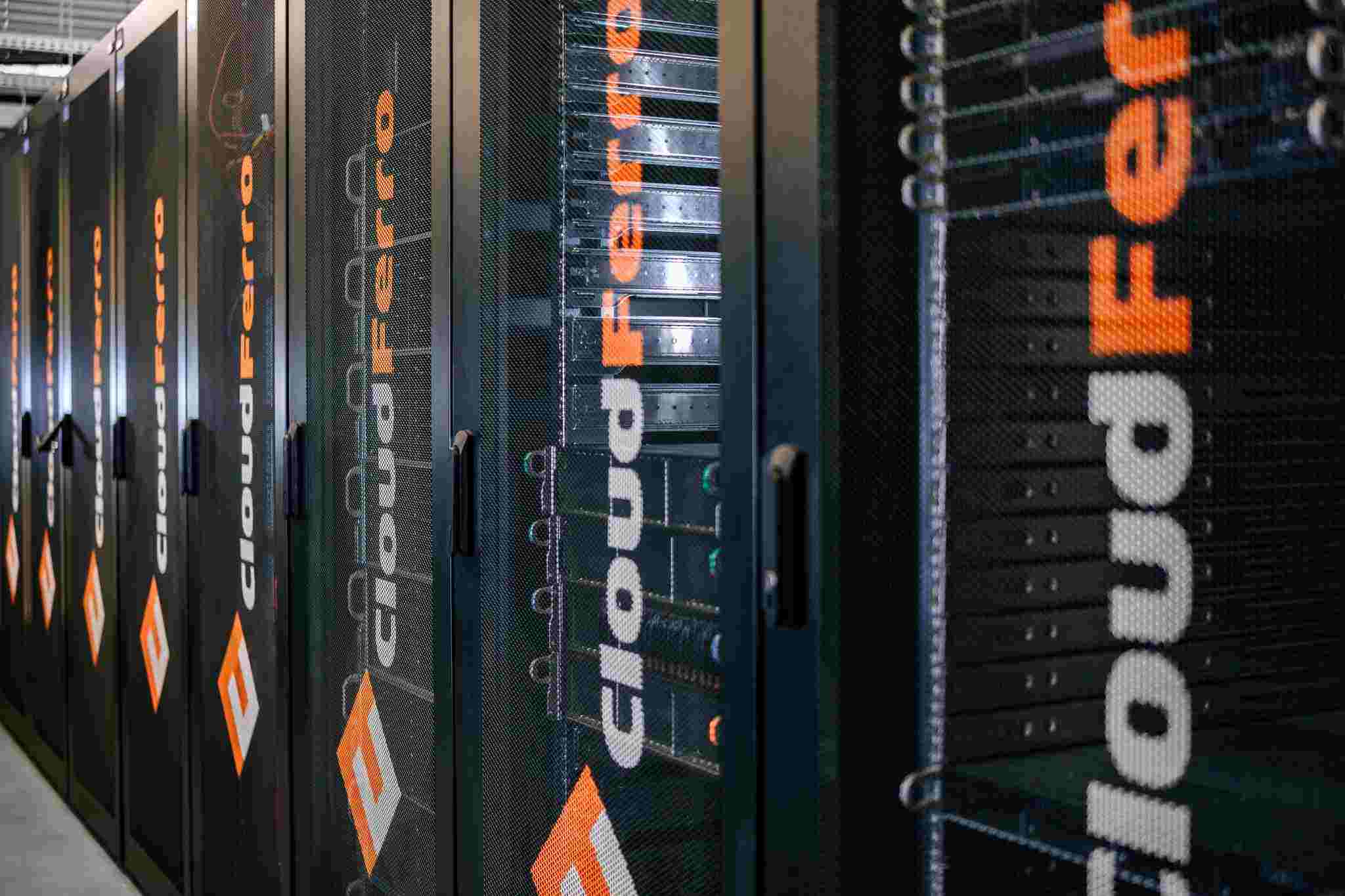CloudFerro contributes to EU's Destination Earth initiative


On June 10th the European Union's Destination Earth system was launched aimed to model and monitor our planet, and simulate natural phenomena with unprecedented accuracy. CloudFerro delivers the core element of the system – Data Lake – a massive repository of data that is the foundation for Destination Earth, managed by EUMETSAT. The multi-cloud Data Lake service is expected to establish a scalable service framework for federating different data spaces, providing cloud computing and storage services close to Destination Earth data..
Destination Earth (DestinE) is a flagship initiative of the European Commission, together with partnering organisations – EUMETSAT, the European Organisation for the Exploitation of Meteorological Satellites, ESA, the European Space Agency, agency, and ECMWF, the European Centre for Medium-Range Weather Forecasts. Its long-term goal is to develop a digital replica of the Earth that will enable to model the whole Earth system in a highly accurate manner helping monitor natural and human activities, predict weather and climate phenomena, as well as test scenarios for more sustainable developments. The system was launched on June 10th at Grand Opening event in Kajaani, Finland.
DestinE system includes three key elements: Core Service Platform operated by ESA, Digital Twins managed by ECMWF, and DestinE Data Lake managed by EUMETSAT. The latter is a multi-cloud inventory of massive amounts of data that is the core foundation of the Destination Earth system. The online repository is designed to provide seamless access to all data specified in Destination Earth data portfolio, and will be available from a large number of external data spaces, Digital Twins or applications residing on the DestinE Core Service Platform, regardless of data type and location. In addition to the data coming from the Digital Twins, data stored in the Data Lake will include EUMETSAT’s own Earth observation satellite systems, ESA missions, Copernicus Sentinel satellites, ECMWF, and other relevant European data providers.
The Data Lake environment that CloudFerro is developing and operating is designed to store over several dozen PB of data. It will be stored within private clouds located in data centres across Europe: Warsaw, Poland – central site, Kajaani, Finland, Bologna, Italy, Barcelona, Spain, and Darmstadt, Germany. These data centres are also locations of powerful computing facilities built under the EuroHPC programme that take part in digital modelling providing large computing power indispensable for this type of processing. The HPC supercomputers will process the models created within the Digital Twin component, and the results of the analyses will be stored in the Data Lake repository.
As a prime contractor for EUMETSAT, CloudFerro is responsible for coordinating the Data Lake project and delivering cloud infrastructure (built as IaaS Infrastructure-as-a-Service and PaaS Platform-as-a-Service) that includes more than 60 Petabytes of storage, and more than 23 500 central processing units (CPUs) installed. The company is also providing big data processing services, including distributed computing and workflows, as well as service operations and maintenance.
CloudFerro collaborates with two European partners – CS Group responsible for the area of discovery and data access, and EODC, who are in charge of big data processing. Harmonised data access (HDA) will be used to simplify data discovery and access to two Digital Twins managed by ECMWF (Extreme Weather and Climate Change Adaptation), external federated data spaces allowing to leverage many public data sources supported by the EU, and user generated data.
The Destination Earth initiative is part of the European Commission’s Digital Europe programme. It is also supported by Horizon Europe and other relevant European and national initiatives in the area of research and innovation. The first DestinE services will be used by the public sector, and a fully implemented system will also serve scientists, researchers, private sector, and the general public. The system will be fully implemented within 7-10 years.









